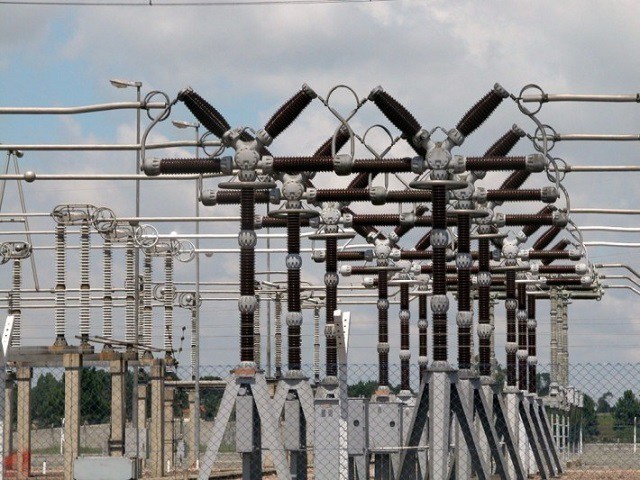President Bola Tinubu has signed the Electricity Bill, which was passed in July 2022, to repeal the Electricity and Power Sector Reform Act 2005.
A source at the Presidential Villa, Abuja who gave this hint on Friday, said that the newly enacted Electricity Act would consolidate all legislations on the electricity supply industry by providing institutional framework to guide the post-privatization phase of the Nigerian Electricity Supply Industry (NESI) and boost private sector investments in the sector.
One of the major aims of the new legislation as provided for in its Section 1 is to create a comprehensive legal and institutional framework to guide the NESI and end the monopoly of power generation, transmission, and distribution of electricity nationwide.
The new legislation now empowers states, companies and individuals to generate, transmit and distribute electricity.
Based on the provisions of the new Act, states will also be able to issue licences to private investors with capacity to operate mini-grids and power plants within their domains, but such licences issued by sub-national governments will not cover inter-state or transnational distribution of electricity.
The Nigerian 1999 Constitution (as amended) provides for shared power between the Federal and State Governments on making laws for electricity but this provision was not adhered to as the Electricity Reform Act solely empowers the Nigerian Electricity Regulatory Commission (NERC) to play that role in the country.
The Electricity Act establishes that NERC’s powers to regulate within Nigeria are without prejudice to the powers of the states to make laws and create electricity markets within those states and to regulate those markets.
The new legislation provides for how the commission will concede regulatory responsibilities to state regulators when they are established, which implies that states like Kaduna, Lagos, and Edo can now begin to regulate their own electricity market.
The new Electricity Act 2023 clarifies the authority and powers of the states and federal electricity agencies thereby creating more than one single electricity market even as it also mandates the imposition of renewable purchase obligations on distribution or supply licensees.
In addition, the legislation provides that anyone may construct, own or operate an undertaking for generating electricity not exceeding 1 megawatt (MW) in aggregate at a site or an undertaking for distribution of electricity with a capacity not exceeding 100 kilowatts (Kw) in aggregate at a site, or such other capacity as the Commission may determine from time to time, without a licence, among others.
On the roles of the Legislature in the power sector, the Act grants lawmakers the power to carry out oversight responsibilities and function over the NESI through its respective Committees on Power in the Senate and House of Representatives.
This function is to be carried out notwithstanding the supervisory powers of any government ministry over government-owned enterprises or other entities operating in the Nigerian electricity supply industry.






